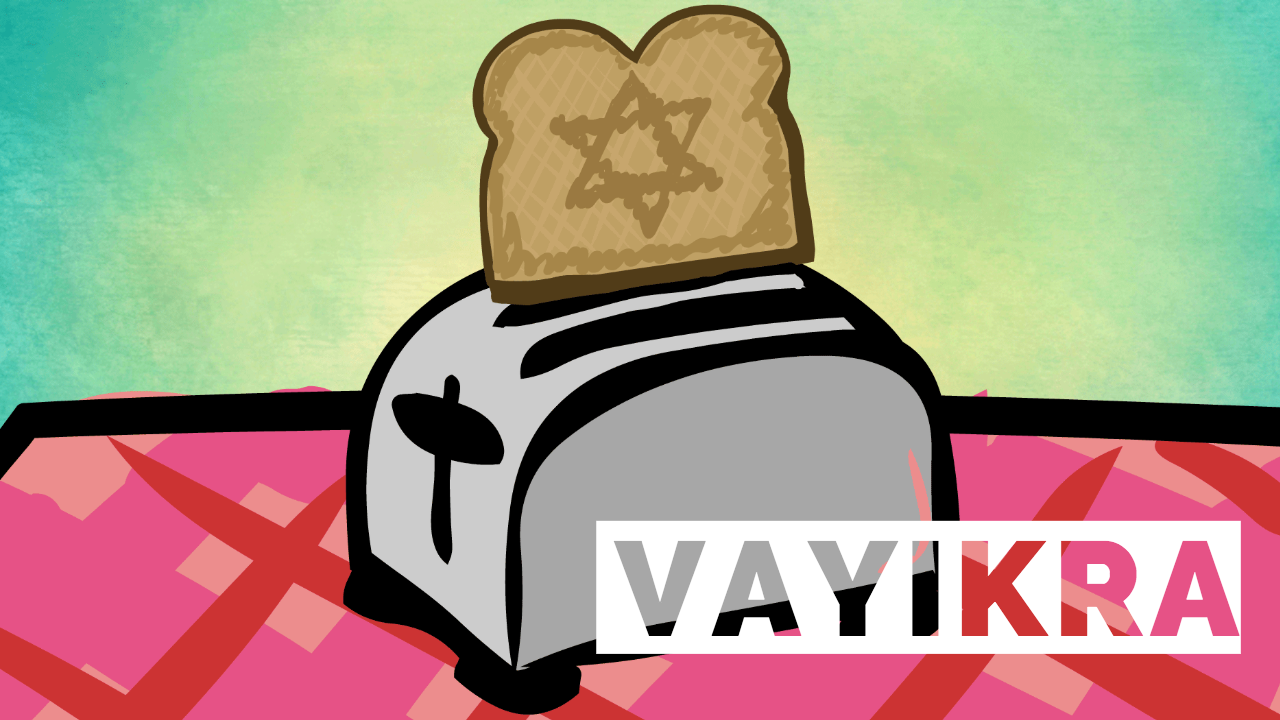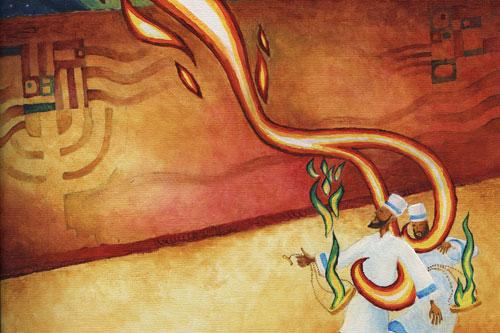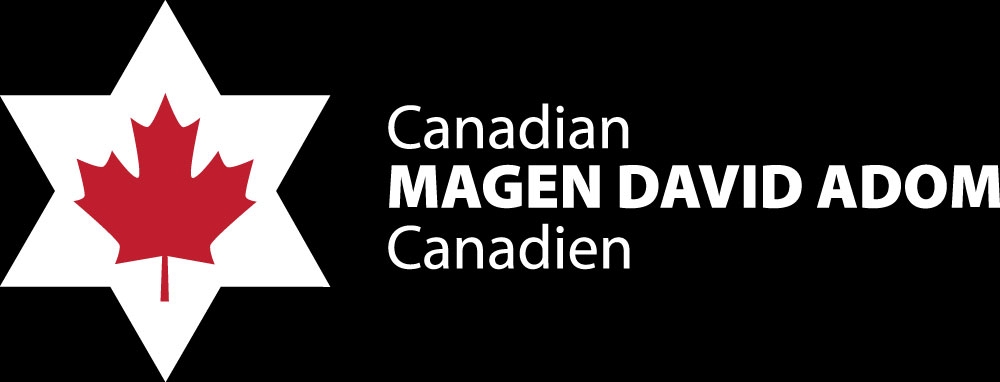Bonjour / Hello [nickname_else_first_name],
Table of contents
1) Perashat Hashavoua - Rabbi Eli Mansour
2) Halakhat Hashavoua - Chazzan David Azerad - Perashat Zachor
3) Holy Jokes!
4) FOR KIDS!

This Week's Parasha Insight with Rabbi Eli Mansour
Parashat Vayikra: The Joy of Misvot
The Torah in Parashat Vayikra discusses the various kinds of sacrifices, including the sin-offering that one was required to bring after committing certain sins. In introducing this sin-offering, the Torah speaks of "Nefesh Ahat" – literally, "one soul" – who accidentally sins. The Torah then adds, "Ba’asotah Ahat Mi’kol Misvot Hashem Asher Lo Te’asena Ve’ashem" – literally, "by doing one of all the commands of G-d which must not be done, and he bears guilt" (4:27).
While the overall intent of this verse is clear – referring to a person who committed an act which G-d commands us not to commit – the formulation is unusual. Why does it refer to the individual with term "Nefesh"? And why is the sinful act described as "one of the commands of G-d which must not be done"? Once the Torah describes a person who accidentally committed a sin, why do we need this elaboration, that he committed an act which he is commanded not to do? Furthermore, why does the Torah say about such a person, "Ve’ashem" – "he bears guilt"? If the sin was committed by accident, why is the person described as "bearing guilt"?
The Mishna in Pirkeh Abot (4:2) famously teaches, "Misva Goreret Misva" – one Misva leads to another. Once a person performs a Misva, he is led to do another. Many commentators raised the question of why we do not always see people who perform a Misva being naturally led to perform others. It is not uncommon to see people who perform Misvot sporadically and inconsistently. How could this be? If one Misva naturally leads to another, then are we not all constantly doing Misvot all the time?
The answer that many have suggested is that the Mishna refers only to Misvot which we perform with genuine joy and enthusiasm. If a person performs a Misva without any feeling, simply going through the motions because he feels he has to, without any fervor or excitement over the privilege of serving G-d, then the Misva will not have the effect of drawing him to additional Misvot. This is why we are not always drawn to additional Misvot after performing one Misva. If we perform a Misva by rote, or only out of a sense of obligation, without any joy or excitement, then it will not lead us to additional Misvot.
With this in mind, we can return to the difficult verse from Parashat Vayikra which we cited earlier. The Torah here alludes to a "Nefesh," a soul that is deficient, lacking the joy and fervor that ought to characterize Misva observance. In such a case, the individual will likely perform "Ahat Mi’kol Misvot Hashem" – only one Misva, because, "Asher Lo Te’asena" – his Misva will not lead to additional Misva performance,. And then, "Ve’ashem" – he will end up being guilty of sins, because the neglect of Misvot wrought by his lack of joy will ultimately result in his violating Torah laws.
As we enter the season of Pesach, we must strive to increase our joy in the performance of Misvot. This is a very special time of year when we have so many Misvot to perform. The more joyful we are in our observance, genuinely enthusiastic about the great privilege we have to serve our Creator, the more the Misvot of Pesach will lead us to perform additional Misvot, and thus catapult us to greater heights of Abodat Hashem (service of G-d) and closeness to the Almighty.

Parashat Zakhor - peninei halacha
The Sages instituted the reading of Parashat Zakhor once a year in order to fulfill the Torah commandment to remember and not forget the evil deeds of Amalek. One is viewed as having forgotten about Amalek only if a year goes by without remembering it. Therefore, we discharge our obligation by mentioning the matter once a year. We read Parashat Zakhor on the Shabbat before Purim in order to juxtapose remembering Amalek to the destruction of his descendant Haman.
According to Torah law, one must express this remembrance verbally. There is no need, however, for every individual to read Parashat Zakhor from a Torah scroll; rather, everyone fulfills the mitzvah by hearing another person read the verses from the Torah.
According to some of the greatest Rishonim, the Torah commands us to read Parashat Zakhor from the Torah scroll itself. Therefore, it is proper to read it from an exceptionally beautiful Torah scroll, and the reader must try to read the passage as meticulously as possible.
Preferably, everyone should hear Parashat Zakhor read according to his family’s accepted traditions of cantillation and pronunciation. Technically, however, members of all Jewish communities can discharge their obligation by hearing it read according to any version accepted among the Jewish people, whether it is Sephardic, Ashkenazic, or Yemenite.
One who finds himself in a place where there is no minyan should read Parashat Zakhor from a Torah scroll without a minyan. If no Torah scroll is available, he should read it from a ĥumash or a siddur.
Mitzvot require kavana (focused intent); therefore, one must have in mind to fulfill the mitzvah of remembering Amalek’s deeds when reading or hearing Parashat Zakhor. It is a good practice for the gabbai or reader to announce this before commencing the reading.
Purim Sameach
Bevirkat Shabbat Shalom Umevorach
David Azerad
3) HOLY JoKeS!!
Selection of funny snippets, loosely related to this weeks parashah or current events, to brighten your day
Why did the cow refuse to be slaughtered?
BECAUSE IT’S A PAIN IN THE NECK!
What do kabbalas dam and baseball have in common?
THEY BOTH HAVE A PITCHER AND A CATCHER!
In that spirit… What do you call a korban on an airplane?
A SACRIFICE FLY!
Another baseball joke:
Did you hear about the baseball player that got into a car accident?
IT WAS A HIT AND RUN!
4) FOR KIDS
Click on the image to open the youtube video

















